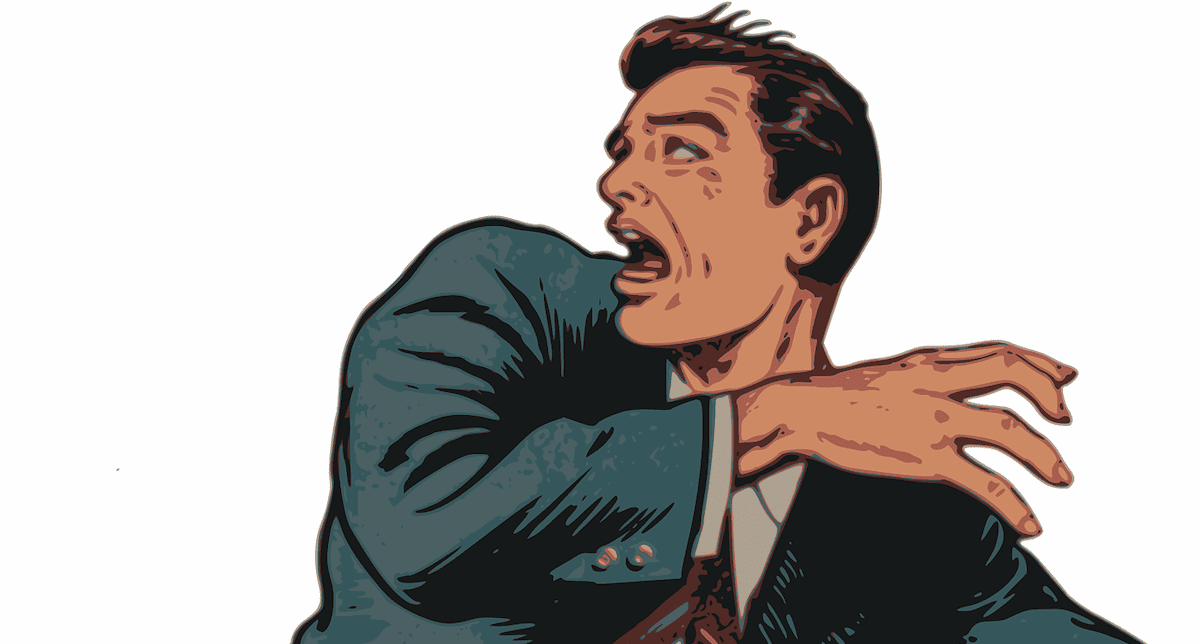In Franklin D. Roosevelt’s first inaugural speech, he famously declared, “The only thing we have to fear is fear itself.” I respectfully disagree, Mr. President. We shouldn’t fear our fear. Fearing our fear only gets in our way. I’ll explain.
In a recent coaching session, a client and I discussed her readiness for a promotion. She believed she had the ability to do the job. She couldn’t identify any gaps that would hold her back, yet she was riddled with doubt she couldn’t name.
What isn’t named can’t be overcome, so we needed to dig deeper. More accurately stated, we needed to dig laterally, and in Beyonce’s words, “to the left, to the left.”
The right hemisphere of the brain houses rational and analytical thought. Emotional thought lives in the left hemisphere. My client didn’t have a rational explanation for her self-doubt, so we began to explore her emotions. We learned that what preceded her doubt was fear. Was the presence of fear the problem? No: The problem was her fear of her fear.
Fear is an emotion. Human beings experience emotions. We quite like some of them. Where we get into trouble is when we make meaning of our emotions. Where we get into even more trouble is when we don’t know we’re doing it. Remember: What isn’t named can’t be overcome.
My job was to help my client understand what meaning she was making of her fear. We discovered she was interpreting her fear as a signal that she wasn’t ready for the promotion.
It wasn’t a conscious thought. It only emerged through the coaching process. Her replies to the open-ended questions I asked shone a light into the dark regions of her right hemisphere: the meaning-making side of our brains.
Now that the lights were on, we could get to work.
ME: “Have you felt fear at other times in your life when you were about to level up?”
HER: “Yes.”
ME: “How did the feeling of fear hold you back from advancing?”
HER: “It didn’t.”
ME: “Tell me more about that.”
HER: “I didn’t let it hold me back. I made the moves even though they scared me.”
ME: “What happened in those times you brought your fear along for the ride as you made those moves?”
HER: “I succeeded, and I felt great that I took on the challenge.”
ME: “Maybe it’s time to rethink the idea that because you’re feeling fear, then you aren’t ready for what’s next.”
We human beings have a complicated relationship with our emotions. We welcome some. We try to hide or disavow others. We’ve received messages about them from our parents [fill in the blank here], from the music we listen to (“Boys Don’t Cry”—pardon the 80s reference), and yes, from politicians: “The only thing we have to fear is fear itself.” Those messages complicate our perceptions.
Because she didn’t want to feel fear, my client couldn’t make sense of it. Instead of acknowledging it as a natural response to a new challenge, it felt like a red light at an intersection: a signal that it wasn’t safe to proceed.
Her ability to name the emotion allowed us to figure out what was going on for her. I found myself wondering: If this client were a man, would he recognize that fear was getting in the way? If he did, would he be secure enough to talk about it with me? Or would he keep it to himself as men are often taught to do with their feelings?
We shouldn’t be afraid of our emotions. They are a part of the human operating system, and they won’t be debugged in a software update, so don’t listen to FDR. Don’t fear your fear. It’s not as scary as you think.




